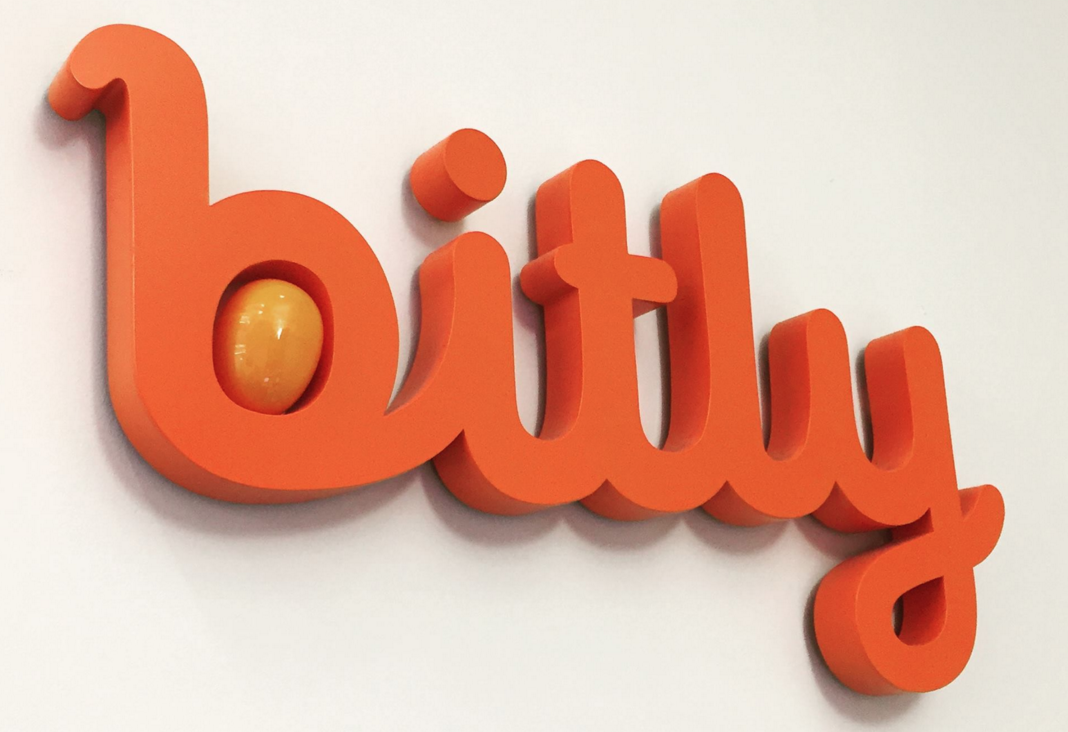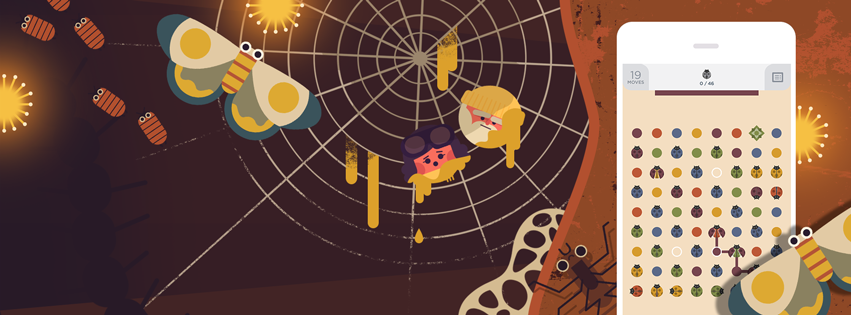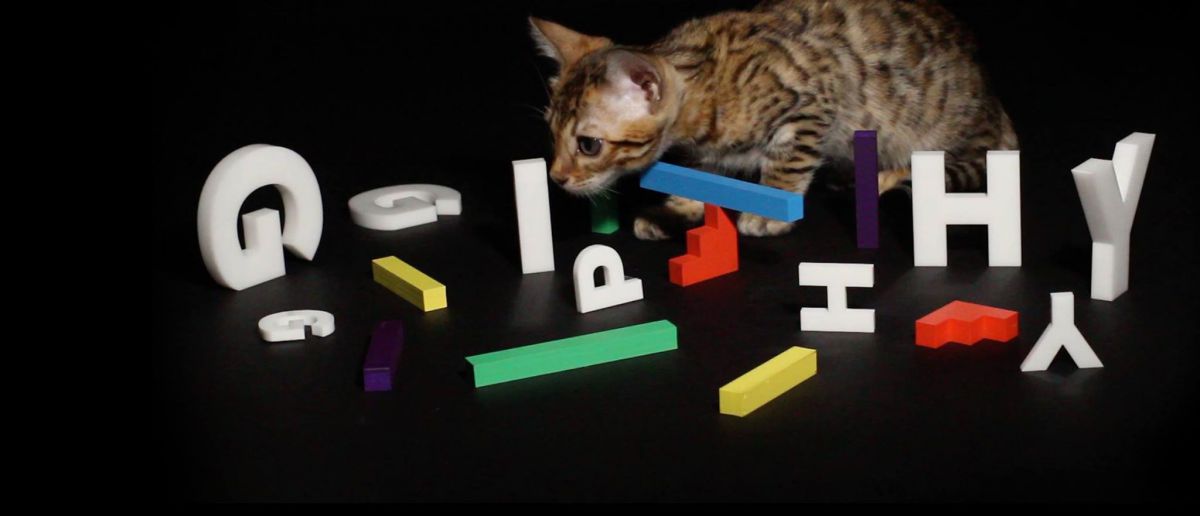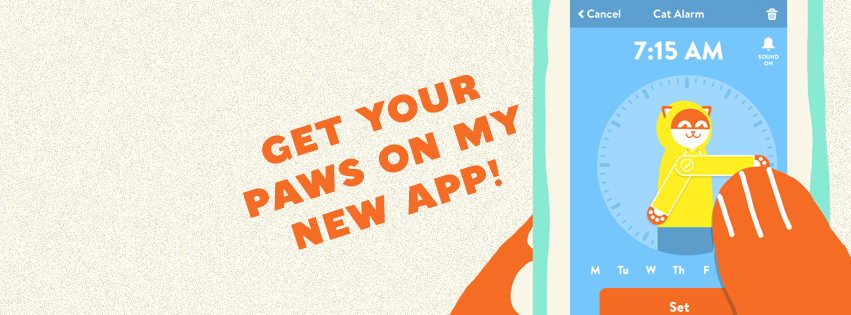Here are some of the many game-changing technologies that betaworks has had a hand in creating:

Bitly turns unwieldy URLs into something manageable. Sure, today the technology is ubiquitous, but when Bitly came out of betaworks in 2008 it was a game changer. The company has been spun off, and today Bitly shortens over 600 million links a month.

Blend.io is a collaboration network for musicians that launched out of betaworks in 2013 and is led by betaworks cofounder Paul Murphy and then hacker-in-residence Aleksandar Kolundzija. The platform allows musicians and producers to collaborate and connect with each other. Blend.io was acquired by London-based ROLI in October of 2015. And, in case you were wondering, yes, of course Moby is on the platform.

Bloglovin’ was founded in a garage in Sweden in 2007. After raising a $1 million Series A from investors that included betaworks, the company moved their headquarters to New York. Betaworks has participated in the company’s other rounds, including one for $7 million in 2014, and Murphy sits on the company’s board.

Chartbeat is like crack for people who work on websites. Launched out of betaworks in 2009, the service allows users to see real time information about who’s on your site. The company was spun off in 2010, and now operates as its own entity. Chartbeat has raised several rounds of funding, including a $15.5 million round in May of 2015.

Readers of a certain age will remember Digg as the massively popular social news aggregator that has been characterized as the predecessor to Reddit. In 2008 Digg was close to being acquired by Google for around $200 million. Those talks fell through, and following a disastrous site redesign, the Digg brand, website and technology sold to betaworks for a paltry $500,000. Today, Digg lives again and is apparently being run like a startup.

Dots makes games for smartphones inspired by Japanese art. Launched out of betawork’s hackers in residence program, the company’s product, ‘Dots’ has proven wildly popular. Their second game, coyly titled 'Two Dots' was one of the most popular games of 2014. The company raised $10 million in 2015 and is focusing on expanding their dots-based franchise to the Chinese market, while also working on a third title. Perhaps by 2017 we'll all be playing 'Three Dots.'

Giphy started in 2013 as an experiment between two hackers-in-residence at betaworks named Alex Chung and Jace Cooke. The pair wanted an easy way to find quality gifs and created Giphy as a search engine. The service has since exploded in popularity, and the company recently raised a $55 million round valuing the company around $300 million.

Poncho is a weather cat. Ya, it sounds weird, and really, it kind of is. The concept is that as computing power has grown more powerful, we have reached information-overload in regards to something as simple as the weather. Poncho was launched out of betaworks to give you customized weather alerts in plain, everyday english. If you’re not sure what barometric pressure is, you can check with Poncho who will simply tell you if it’s cold and rainy out. Poncho launched in select markets in 2015, but now covers all of the United States.

Scale Model launched out of betaworks in May of 2015 to give advertisers on Twitter a more targeted approach. The service finds interest-based communities on Twitter and then listens to what they’re posting about. Advertisers can then gain insights into how they should target those groups.











